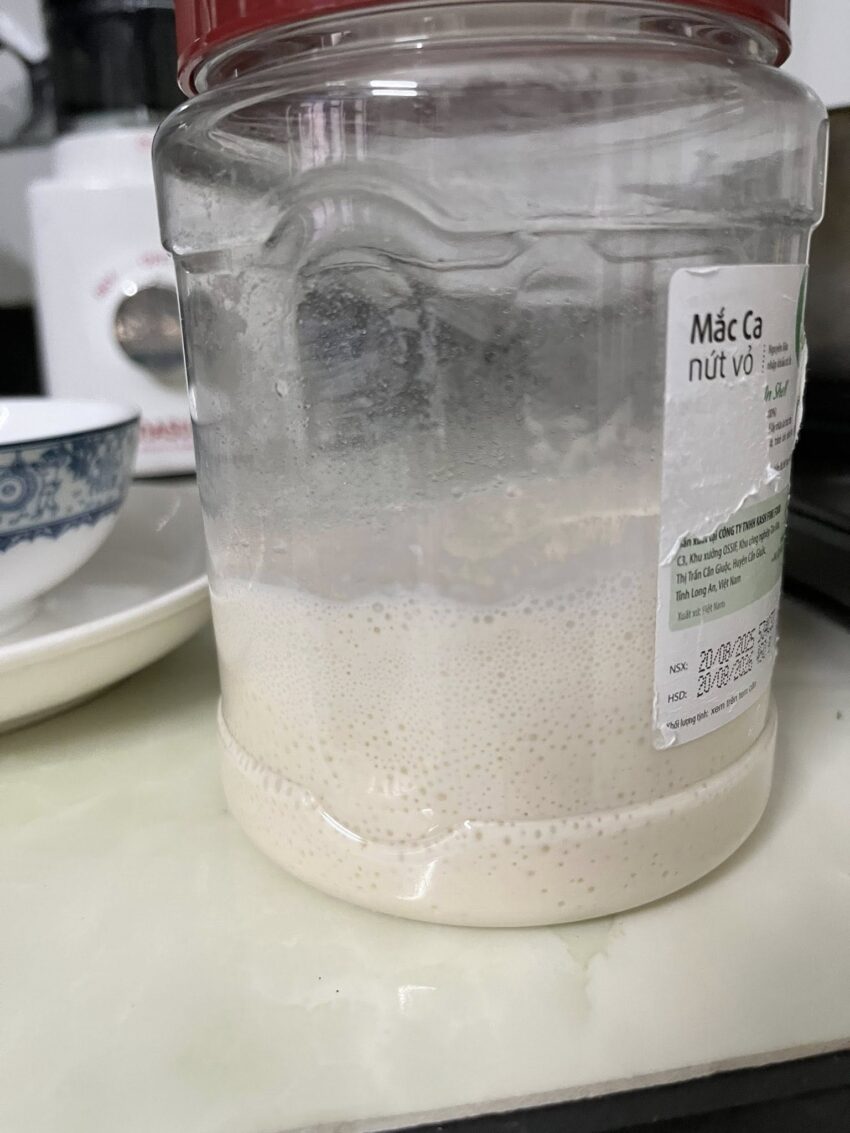No worries — sourdough starters are surprisingly resilient, and you’re only on Day 5, so there’s still time to get it back on track. If your starter smells very acidic (like vinegar or even nail polish remover), it’s likely due to:
- Lack of food (yeasts and bacteria are hungry)
- Build-up of acidic byproducts (especially from bacteria like lactobacillus)
- Over-fermentation in a warm environment
Here’s how you can fix it and reset the balance:
🔄 Step-by-Step Fix for an Acidic Sourdough Starter:
✅ 1. Discard Most of It
- Remove and discard all but 1 tablespoon of your starter.
→ This gets rid of most of the acidity and concentrates the healthy microbes left.
✅ 2. Feed It Fresh Flour + Water (High Ratio)
Use a 1:5:5 feeding ratio for at least one or two feedings:
- 1 tbsp (approx. 15g) starter
- 75g flour (preferably a mix of all-purpose and whole wheat or rye)
- 75g room temp water
Mix it well in a clean jar, cover loosely, and let it ferment at room temperature (~21–24°C / 70–75°F).
⚠️ If your kitchen is warm (>25°C / 77°F), fermentation happens faster, and acid builds up quicker — keep it in a slightly cooler spot or feed more often.
✅ 3. Feed Every 12–24 Hours
- For now, feed once every 12 hours (morning & evening) until your starter becomes bubbly and less sour-smelling.
- Once it’s more balanced (sweet-sour, fruity, or yeasty smell), you can go back to a once-a-day feeding or store it in the fridge.
✅ 4. Watch for Signs of Health
You’ll know it’s back on track when:
- It doubles in size within 4–8 hours after feeding
- It smells pleasantly tangy, like yogurt or overripe fruit
- It has bubbles throughout, not just on the top
🥄 Optional Tip: Add a Pinch of Baking Soda
- Adding a tiny pinch (just a speck) of baking soda during a feeding can help neutralize excess acidity, but only do this once. It’s more of a quick band-aid than a fix.
📌 Summary
| Problem | Fix |
|---|---|
| Acidic smell | Discard most of it and feed fresh flour |
| Not fed in days | Restart with 1:5:5 ratio |
| Warm room | Move to cooler spot or feed more often |
| Slow rising | Use whole wheat/rye and feed more often |
